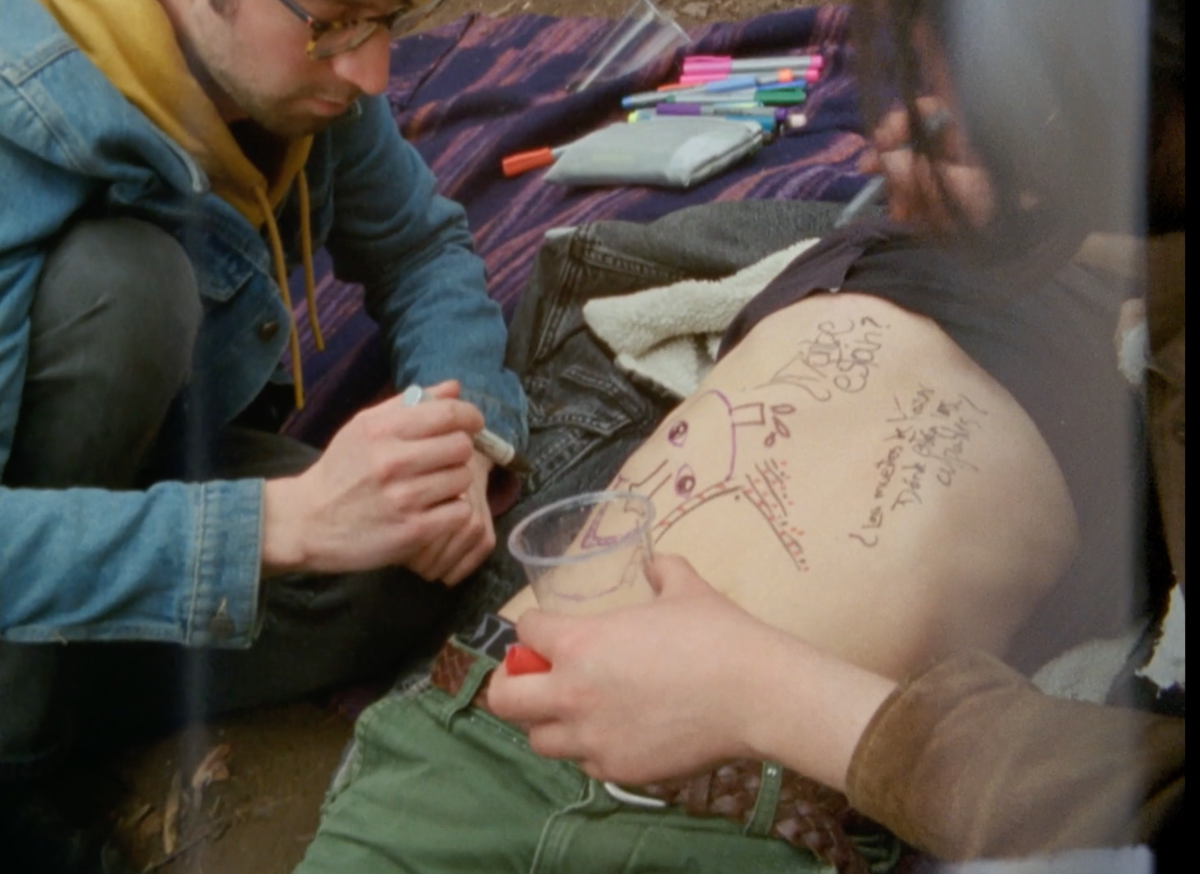
On a mild day in October 2019, the primetime subway fare in Santiago was suddenly raised from 10 to 30 pesos. In response, secondary school students quickly began a fare evasion campaign. Others, already upset by the country’s dire cost of living, the inability of graduate students to find employment, and an engrained inequality in most social institutions, joined in.
Train stations were taken over, many were set afire, and the national police force (Carabineros de Chile) did not respond delicately. According to Aljazeera’s Charis McGowan’s coverage of October 30, 2019: “Although the country is no longer under a state of emergency . . . protests have continued, with frequent clashes between police and protesters. Police have used tear gas, water cannons, rubber bullets and pellets, prompting allegations of rights abuses.
“It is the worst violence the country has witnessed since the 17-year-long military dictatorship of Augusto Pinochet, which ended in 1990.” According to officials, the death count was only 20 that first month.
Now, Chilean artist/filmmaker Francisco Rodriquez Teare, has gathered together four friends and a sound engineer to reminisce, seemingly in a forest of sorts, about the events.
“October Noon,” a 13-minute short, begins with an unseen man sarcastically singing Chile’s national anthem against a black screen: “How pure, Chile, is your blue sky/And how pure the breezes that blow across you.”
Cut to three gents in everyday garb. One digging. One asleep. The third, in a yellow hoodie and jean jacket, tells of three policemen crossing a field. There is a dead body. Maybe a woman’s. Then he chats of possibly another woman who’s in her living room. She looks worried. “She has a premonition,” he notes, “that is like from another time.” She beholds a female—a burnt image. “And the worst thing that could be seen appears. Torture. Torture in hell and the future.”
Intercut with the sometimes-shaky handheld camerawork are views of majestic mountains and Santiago traffic.
Then there’s talk of President Sebastián Piñera, who, while Chileans were being shot at in the streets, sexually abused, and blinded by the pellets aimed at their eyes, was “eating pizza in a rich neighborhood.”
If that weren’t enough, “an intelligence report from the government came out claiming that K-pop is responsible for the protests.”
Cut to a young woman sitting amongst wild greenery, head resting on hand, as her voiceover asks: “Could you imagine something really messed up happening in this country? Everything on fire.” She muses over the calls for a demonstration that 1.2 million citizens participated in. The arrests. More demonstrations, and how President Piñera went on TV and warned: “We are at war with an enemy that has no limits.”
While these recollections are meted out, the sleeping gent’s body is painted with slogans and imagery that reflect the three years of chaos in their country.
But especially perinent is the following summoning up: “We were walking . . . talking about cinema and you were telling me that cinema is important, and we talked about it for a long time. And in the distance, we saw a cloud of smoke. We didn’t know exactly what it was. And we said to each other, ‘Whatever. Let’s go see what it is.’” It was the local movie theater.
Proving that cinema is indeed important, Teare and his “October Afternoon” have hammered another nail into the coffin of forgetfulness.
(“October Noon” is being screened with several other shorts in the program titled “Poetry is Not a Luxury” at the New York Film Festival on October 6th and 7th.)
